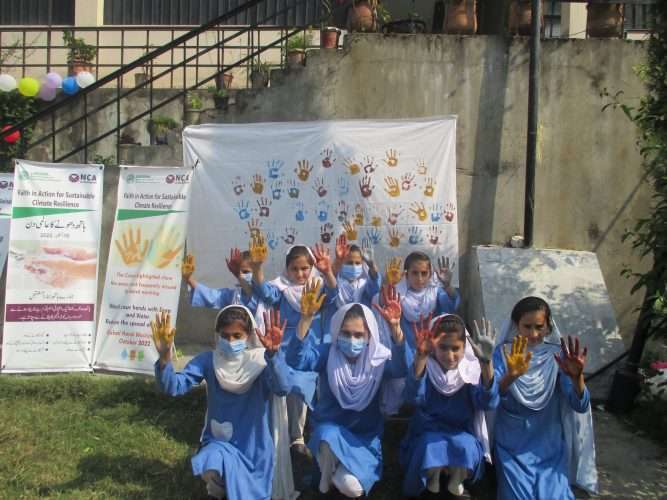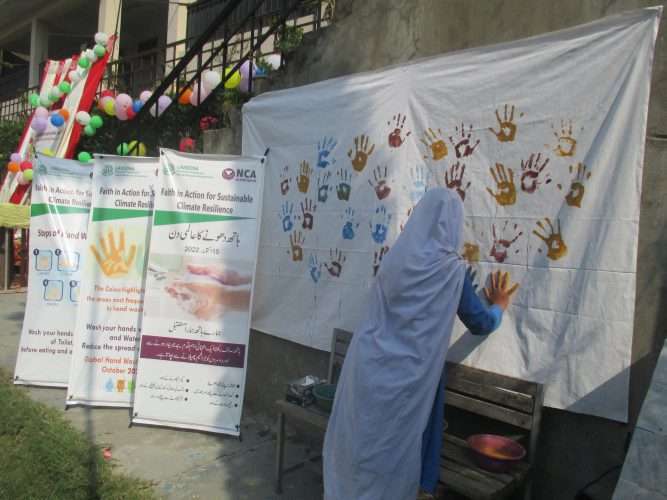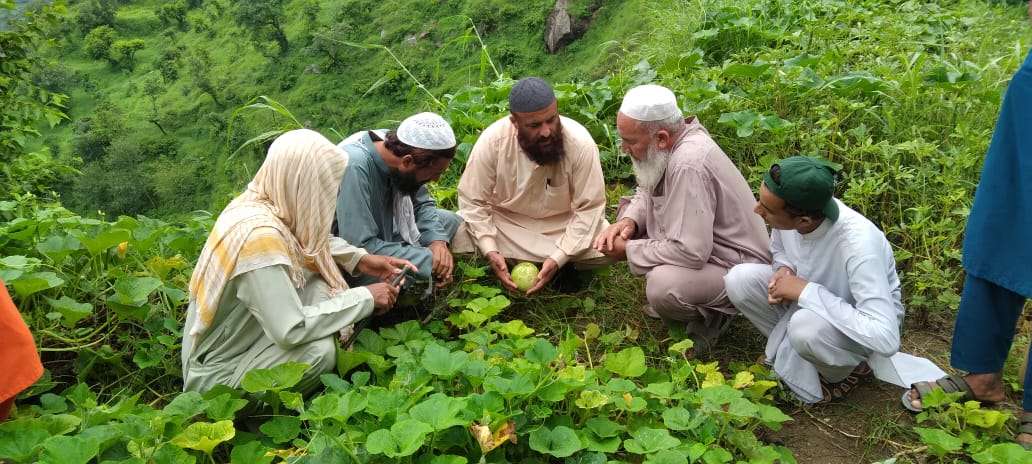Program Goal: “To unlock human potential by addressing social and economic inequalities, ensuring universal access to quality education, healthcare, WASH, and sustainable livelihood opportunities.”
The Social and Economic Development pillar of LASOONA’s strategic plan encompasses critical areas like WASH, health, education, and sustainable livelihoods. The situation in these areas has been influenced by a variety of challenges and developments over recent years.
- WASH: The importance of WASH has been underscored due to its direct impact on community health, particularly in preventing stunting in children caused by inadequate sanitation and clean drinking water. Efforts to promote positive WASH practices have been significant, focusing on both behavior change and infrastructure development, like the construction of handwashing facilities and basic toilets at the household level. Training of government officials and teachers on WASH issues and practices has been a key strategy to ensure sustainability and effectiveness in service delivery.
- Health and Education: The integration of health & education through behaviour change communication campaigns has been crucial. The training of teachers and the involvement of media in advocating for various thematic issues indicate a multidimensional approach to addressing health and education concerns.
- Sustainable Livelihoods: LASOONA has focused on building local development capacity, particularly through community mobilization and institutional strengthening. This approach has led to the formation and revitalization of numerous Village Organizations and Development Committees, which play a vital role in enhancing the social, organizational, and economic resources of communities. Programs under this pillar have reached thousands of beneficiaries across various districts, illustrating the scale and impact of these initiatives
The situation in these areas is characterized by efforts to build resilient communities capable of sustaining improvements in health, education, and livelihoods. The focus on training, community mobilization, and infrastructure development, along with the engagement of a wide range of stakeholders, from local government officials to media houses, reflects a comprehensive approach to addressing the multifaceted challenges of social and economic development.
Water, Sanitation & Hygiene (WASH)
Goal: Equitable Access to WASH Facilities for Enhanced Health and Well-being in Communities.
LASOONA is committed to significantly improving access to clean water, sanitation, and hygiene services in both rural and urban areas. This goal focuses on bridging the gap for communities currently deprived of WASH facilities, aiming to facilitate equitable access and promote healthy living conditions. Through targeted initiatives, LASOONA strives to ensure that these essential services reach all segments of the population, contributing to overall improved health and well-being.
Health
Goal: Augment Quality Primary Health Services for Women and Children and Enhance Facilities in Government-Run Hospitals
LASOONA is dedicated to not only enhancing access to quality primary healthcare services specifically for women and children but also to improving the healthcare infrastructure by providing essential missing facilities in government-run hospitals. This dual approach aims to strengthen the overall healthcare system, ensuring comprehensive and effective medical services are accessible to those most in need.
Education
Goal: Expand educational access for communities and elevate the overall quality of education through improved learning infrastructure.
The goal for Education focuses on two primary areas. Firstly, it aims to increase school enrollment, ensuring that more children, especially those from underserved communities, have access to education. Secondly, the goal emphasizes enhancing the quality of education by improving the learning infrastructure, which includes training teachers and upgrading educational facilities and materials. This dual approach is designed to not only bring more children into schools but also to ensure that the education they receive is effective, engaging, and conducive to better learning outcomes.
Sustainable Livelihood
Goal: Foster Sustainable Livelihoods and Economic Empowerment through Enhanced Youth Employability Skills
The goal centers on equipping young individuals with a diverse range of skills to ensure their long-term economic stability and growth. This involves providing comprehensive training in traditional trades, such as carpentry or plumbing, and modern skills like digital literacy and technology use. The goal is designed to empower youth with the necessary tools and knowledge to secure meaningful employment or entrepreneurship opportunities, thus contributing to their personal development and the economic prosperity of their communities.


Warning: Undefined variable $blog_load_onscroll in /home/lasoonao/public_html/wp-content/plugins/blog-filter/blog-filter-shortcode.php on line 117
- All
- Social & Economic Development
